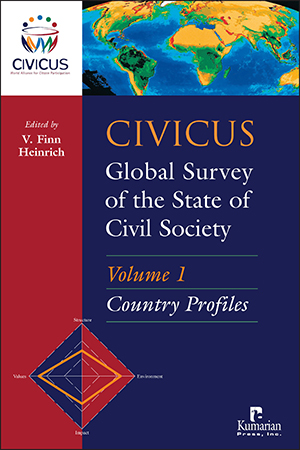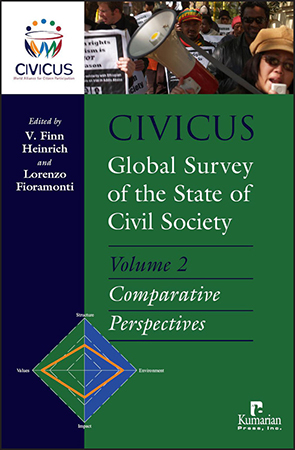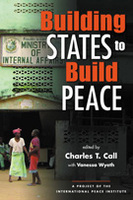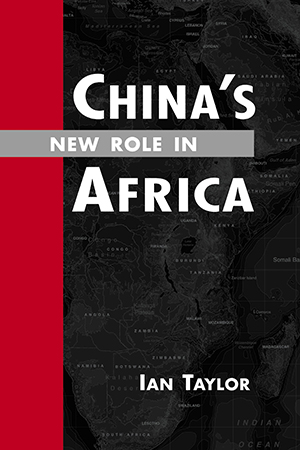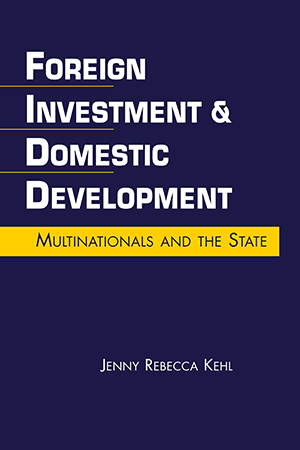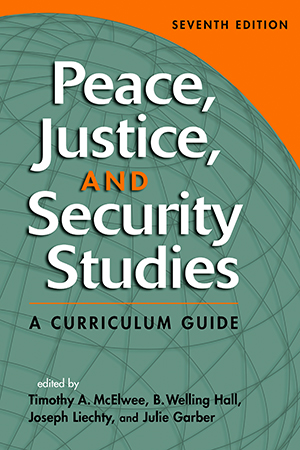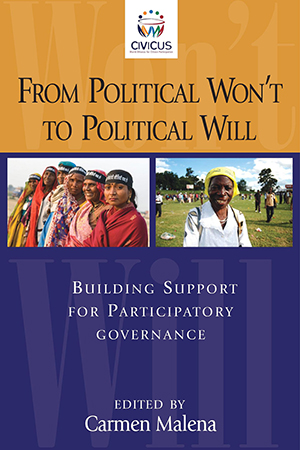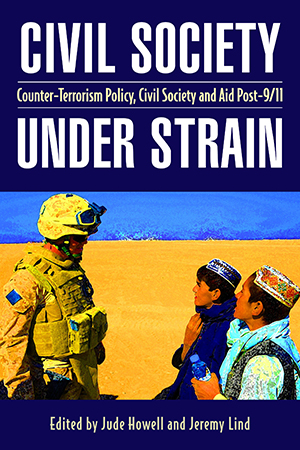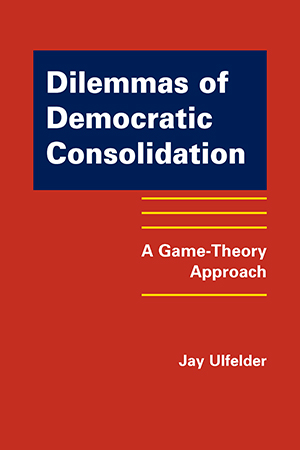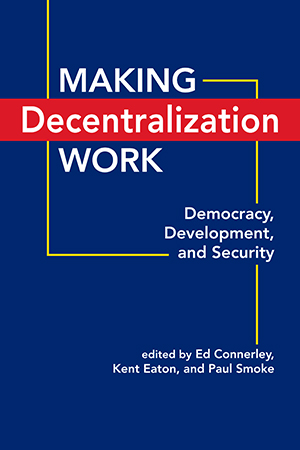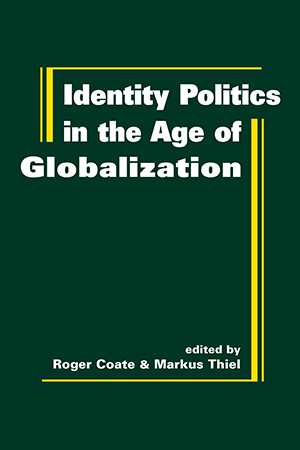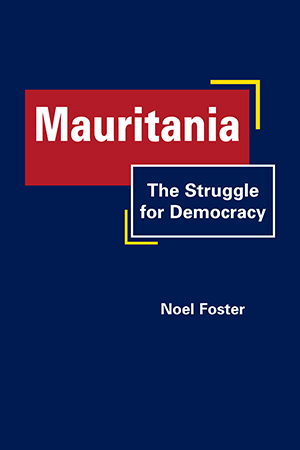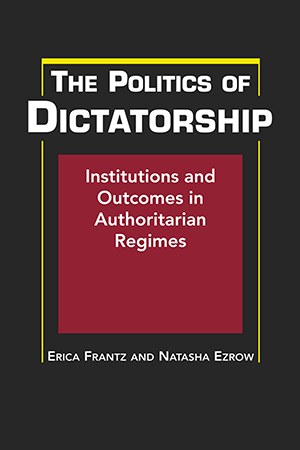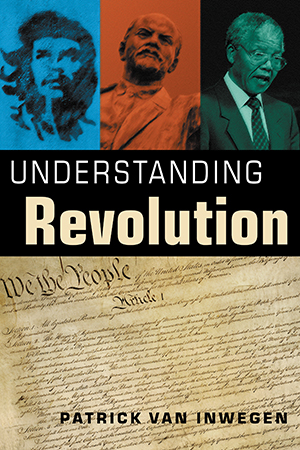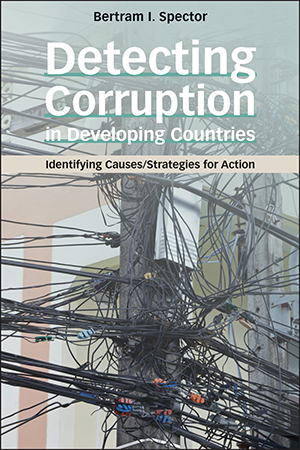Comparative Politics (general books)
How can something as vast and contested as civil society be measured? Answering that question, the hundreds of members and partners that contribute to the CIVICUS Civil Society Index More >
Volume 2 of the CIVICUS Global Survey of the State of Civil Society offers a wide-ranging analysis of key issues facing civil society worldwide. The authors draw on information collected by More >
How can legitimate and sustainable states best be established in the aftermath of civil wars? And what role should international actors play in supporting the vital process? Addressing More >
Ian Taylor explores the nature and implications of China's burgeoning role in Africa, arguing that Beijing is using Africa not only as a source of needed raw materials and potential new More >
How is it that billions of dollars flow through the developing world without altering its reality of poverty and scarcity? Jenny Kehl explores the crucial relationship between foreign direct More >
Fully revised to reflect the realities of the post–September 11 world, this acclaimed curricular reference provides a comprehensive review of the field of peace, justice, and security More >
Citizens in both the North and the South lack opportunities, rights, and access to information and have expressed growing disillusionment with their governments. Ordinary citizens More >
As they investigate the convergence of security and development objectives following the attacks of September 11, 2001—in particular as this relates to civil society—the authors More >
Why have so many attempts at democracy in the past half-century failed? Confronting this much discussed question, Jay Ulfelder offers a novel explanation for the coups and rebellions that More >
It is increasingly difficult to find developing countries whose leaders have not debated or implemented some type of decentralization reform. But has decentralization worked? Does it More >
Despite the homogenizing effect of globalization, identity politics have gained significance—numerous groups have achieved political goals and gained recognition based on, for example, More >
Why did a clique of Mauritanian officers risk their lives to overthrow the autocrat they had served for twenty years, only to cede power to an elected civilian? And having won acclaim for More >
In comparison to democratic political systems, we know very little about how dictatorships work. Who are the key political actors? Where does the locus of power rest? What determines More >
Understanding Revolution concisely, but thoroughly, explains one of the most fundamental sources of political change in the modern world. Designed to be accessible to undergraduate students, More >
Excessive government discretion, greed, and the abuse of power for private gain are widespread phenomena in developing countries, denying citizens the critical services that they are More >



